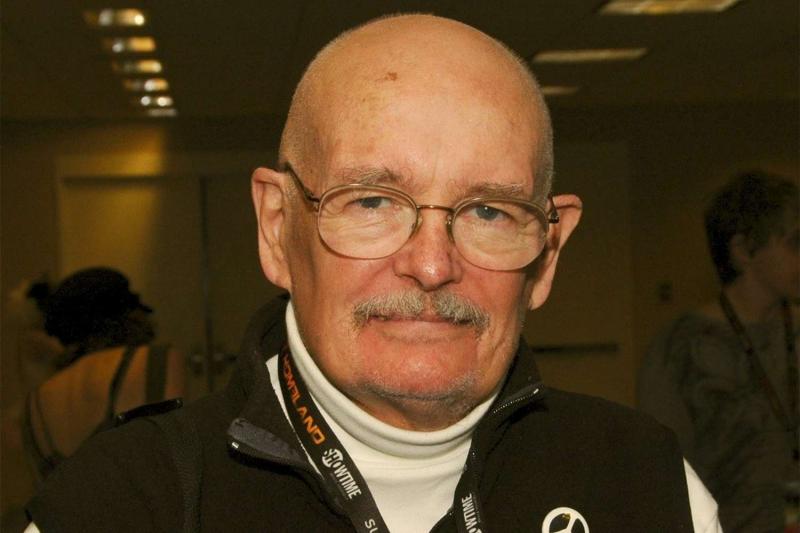by Matthew Russell - Posted 10 months ago

Welcome, my CryptoComics Compatriots! Today, we celebrate the life and legacy of Denny O’Neil, a writer and editor who redefined what comic book stories could be. Born on May 3, 1939, O’Neil didn’t just create stories—he made statements, tackling real-world issues while keeping us on the edge of our seats. On a personal note, I had the privilege of knowing Denny O’Neil when I was younger, and his wisdom and passion for storytelling left a lasting impression on me.
Denny O’Neil’s career began in the 1960s, working for both Marvel and Charlton Comics before finding his true home at DC Comics. When he joined the company, superheroes were seen as simple, black-and-white archetypes. O’Neil changed that forever, particularly with his work on Batman in the 1970s.

Collaborating with artist Neal Adams, O’Neil brought Batman back to his dark, detective roots. Stories like "Daughter of the Demon" introduced the world to Ra’s al Ghul and redefined Batman as a serious, complex character. This era laid the groundwork for the darker, more nuanced portrayals of Batman we see today.
O’Neil didn’t shy away from challenging topics. His groundbreaking run on Green Lantern/Green Arrow addressed issues like racism, drug addiction, and environmentalism—topics that were rarely, if ever, explored in comics at the time. In the iconic story "Snowbirds Don’t Fly", O’Neil and Adams tackled the harsh realities of drug abuse, earning widespread acclaim and bringing new depth to the superhero genre.

These stories didn’t just entertain—they sparked conversations, proving that comics could be a platform for meaningful social commentary.
As an editor, O’Neil’s influence was just as profound. At DC Comics, he oversaw the Batman line, shepherding iconic works like The Dark Knight Returns and Batman: Year One. His editorial guidance ensured these stories became legendary, further cementing his legacy.
Beyond the page, O’Neil was a mentor to countless creators, always encouraging them to push boundaries and explore new ideas. His approach to storytelling—fearless, thoughtful, and impactful—continues to inspire generations.
Denny O’Neil’s contributions to comics weren’t just significant—they were transformative. From redefining Batman to tackling societal issues head-on, he showed the world what comics are capable of achieving.
On what would have been his 86th birthday, we remember Denny O’Neil not only as a master storyteller but as a trailblazer who dared to make a difference. Here’s to Denny O’Neil—a true legend whose stories will live on forever.